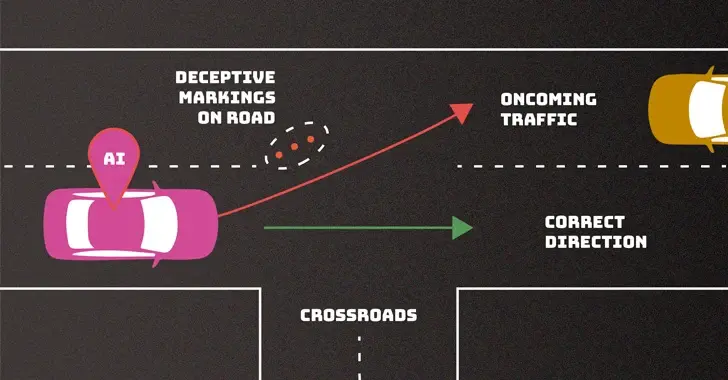
Key Points:
- Security and privacy concerns: Increased use of AI systems raises issues like data manipulation, model vulnerabilities, and information leaks.
- Threats at various stages: Training data, software, and deployment are all vulnerable to attacks like poisoning, data breaches, and prompt injection.
- Attacks with broad impact: Availability, integrity, and privacy can all be compromised by evasion, poisoning, privacy, and abuse attacks.
- Attacker knowledge varies: Threats can be carried out by actors with full, partial, or minimal knowledge of the AI system.
- Mitigation challenges: Robust defenses are currently lacking, and the tech community needs to prioritize their development.
- Global concern: NIST’s warning echoes recent international guidelines emphasizing secure AI development.
Overall:
NIST identifies serious security and privacy risks associated with the rapid deployment of AI systems, urging the tech industry to develop better defenses and implement secure development practices.
Comment:
From the look of things, it looks like it’s going to get worse before it gets better.



That’s a fair point, but if AI is not better or at least equivalent to a competent human driver.
why are we even allowing it?
“Bad drivers” have rights … AI doesn’t and it creates potential risks to others
We aren’t allowing it.
No doubt that AI which is used for Level 5 autonomy should be trained to detect these situations and make the correct decision. Otherwise they wouldn’t be Level 5 systems. This is one of the many reasons why self-driving cars is not a solved issue yet. The systems we use today are either used strictly as a driving aid under close supervision by a human driver or used in small areas that the AI has been already evaluated to perform well in.